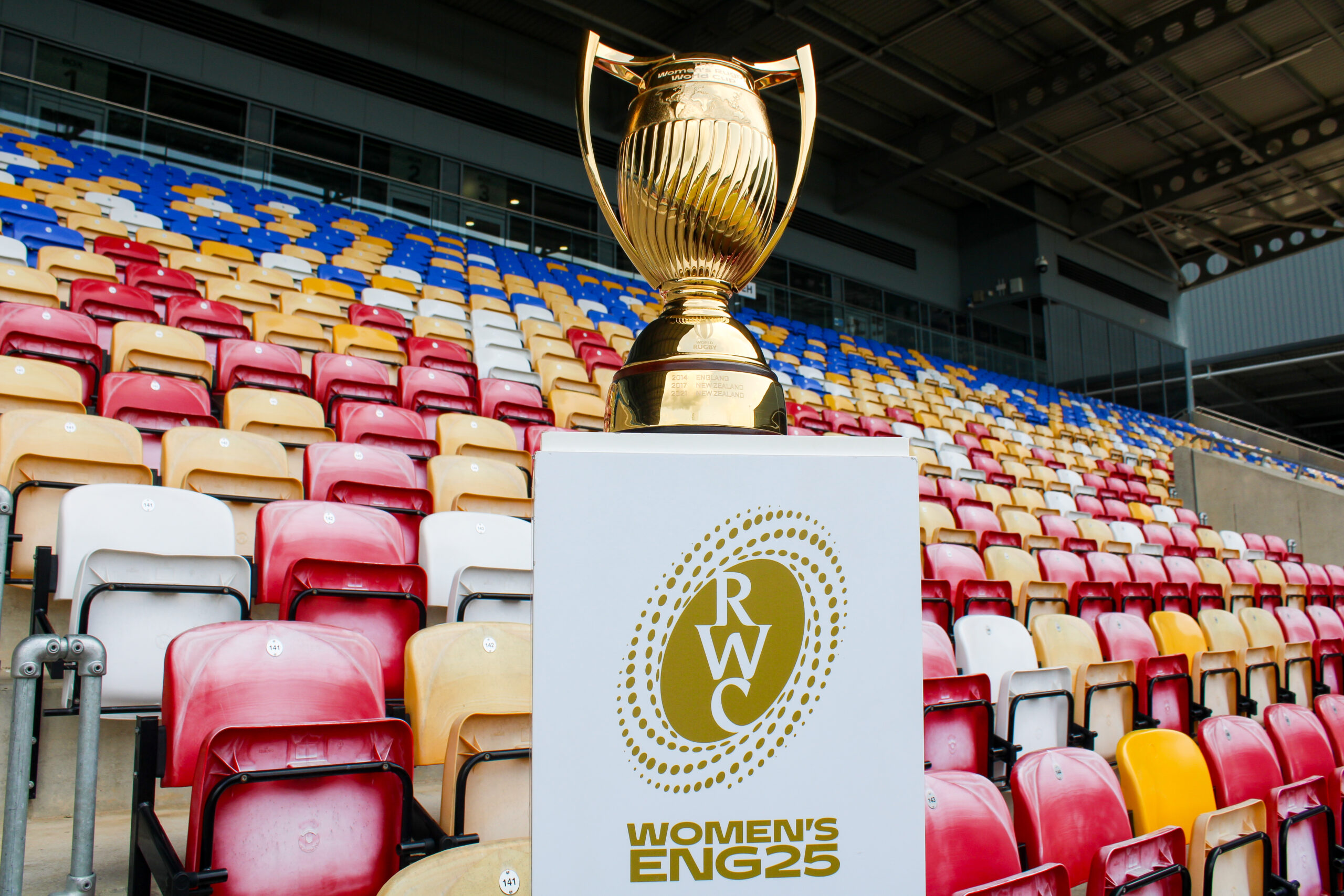- Women’s Rugby World Cup 2025 launches Environmental Sustainability Programme across all eight host venues, targeting measurable carbon reductions and circular resource use.
- Venue-specific green initiatives funded nationwide, including EV charging at Northampton, biodiversity projects in Brighton, and LED upgrades in Exeter and Sunderland.
- World Rugby continues its sustainable efforts with post-tournament carbon reporting and alignment to UN Sport for Climate Action Framework.
The programme was unveiled at the recent Sustainable Innovation Series organised by the FIA alongside the Silverstone F1 Grand Prix.
The RWC 2025 environmental sustainability programme is structured around three pillars: nurturing strong governance, addressing direct impacts, and promoting knowledge-sharing across the sport. These efforts are guided by measurable targets, including a reduction in carbon emissions from forecast baselines, an objective of 70% of procured goods with defined end-use pathway, and the undertaking of venue sustainability assessments in each of the eight host locations.
World Rugby has also awarded venue-specific grants to fund long-term initiatives that aim to reduce environmental impact:
- Bristol & Salford: Installation of water refill stations to reduce single-use plastic consumption
- Brighton: Biodiversity enhancement through tree planting schemes, bird boxes and local engagement
- Exeter & Sunderland: LED lighting upgrades to reduce energy consumption and emissions
- Northampton: Installation of electric vehicle charging points to encourage low-carbon transport
- York: Smart control systems for lighting, heating and concessions to manage energy use
- Twickenham: Use of electric heaters to reduce reliance on gas boilers
Additionally, in Exeter, the tournament has funded a case study applying Clean Air Go technology, which breaks down harmful air pollutants, to over 2,600 sqm of branding and printed material.
Following World Rugby’s wider Environmental Sustainability Plans 2030 and as a signatory to the UN Sport for Climate Action Framework, the sustainability principles have also been embedded in over 15 of the tournaments’ key functional areas including fleet, catering, logistics, broadcast, workforce and venue overlay – ensuring a holistic approach that prioritises emission reduction, local procurement, and circular resource use.
Women’s Rugby World Cup 2025 Managing Director, Sarah Massey said: “We have been preparing Women’s Rugby World Cup 2025 over the last three years with a key objective in mind: organising an event that is responsible and drives positive change.
“Through close collaboration with our host venues and stakeholders, a robust governance and targeted funding, we are supporting practical, locally driven initiatives that will have a lasting impact for local communities and will create a benchmark for future Rugby World Cups.”
A comprehensive carbon footprint report will be published post-tournament to assess the effectiveness of measures implemented in the planning phase to limit and reduce greenhouse gas emissions linked to the tournament delivery. The report, accessible to all, will serve as a baseline for future tournaments including Women’s Rugby World Cup 2029 in Australia.
